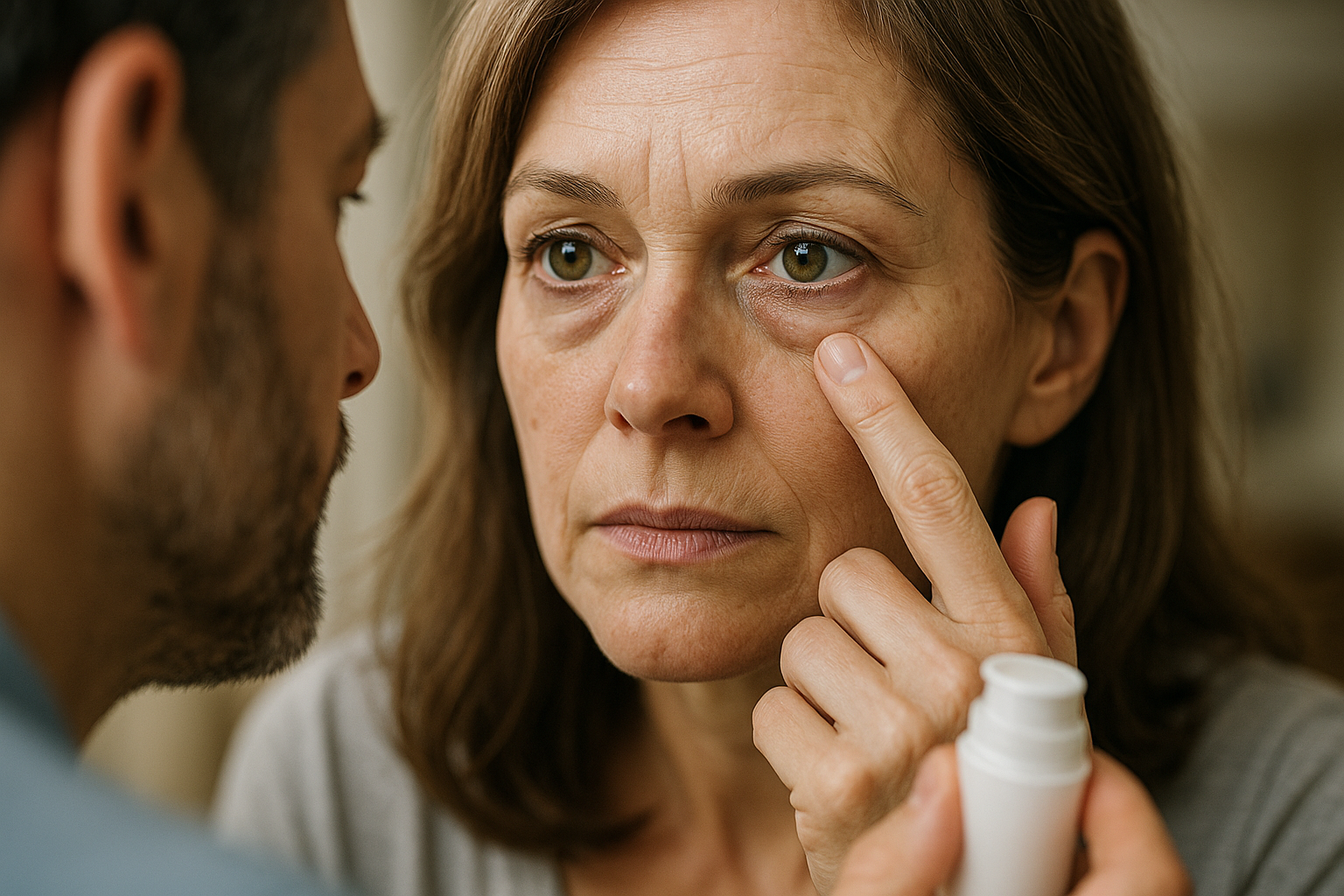Effective Psoriasis Relief: Compare Modern Treatment Choices
Psoriasis is a chronic autoimmune condition that affects millions of people worldwide, causing skin cells to multiply faster than normal. This rapid cell turnover results in raised, red, and scaly patches on the skin's surface. While there is no cure for psoriasis, modern medicine offers various treatment options to manage symptoms and improve quality of life for those affected by this condition.

What Is Psoriasis and Why Does It Occur?
Psoriasis is a complex autoimmune disorder that primarily affects the skin. In individuals with psoriasis, the immune system mistakenly attacks healthy skin cells, triggering an accelerated growth cycle. This process leads to the formation of thick, inflamed patches of skin covered with silvery scales, known as plaques. While the exact cause of psoriasis remains unknown, researchers believe that both genetic and environmental factors play a role in its development.
The condition can manifest in various forms, including plaque psoriasis (the most common type), guttate psoriasis, inverse psoriasis, and pustular psoriasis. Each type presents with unique characteristics and may require different treatment approaches. Understanding the specific type of psoriasis a patient has is crucial for developing an effective treatment plan.
Common Triggers That Worsen Psoriasis
Identifying and managing triggers is an essential aspect of psoriasis treatment. Several factors can exacerbate psoriasis symptoms or trigger flare-ups in susceptible individuals. Common triggers include:
-
Stress: Emotional stress is a well-known trigger for psoriasis flares. Managing stress through relaxation techniques, exercise, or therapy can help reduce symptom severity.
-
Infections: Certain infections, particularly strep throat, can trigger psoriasis outbreaks or worsen existing symptoms.
-
Skin injuries: Physical trauma to the skin, such as cuts, scrapes, or sunburns, can lead to the development of new psoriasis lesions at the site of injury (known as the Koebner phenomenon).
-
Weather changes: Cold, dry weather can exacerbate psoriasis symptoms, while many patients find relief during warmer, more humid months.
-
Medications: Some medications, including beta-blockers, lithium, and antimalarial drugs, may trigger psoriasis flares in certain individuals.
-
Alcohol and smoking: Both excessive alcohol consumption and smoking have been linked to increased psoriasis severity and reduced treatment efficacy.
By identifying personal triggers and making lifestyle adjustments, individuals with psoriasis can often reduce the frequency and severity of flare-ups.
How Psoriasis Affects Daily Life
Living with psoriasis can have a significant impact on an individual’s daily life, affecting both physical and emotional well-being. The visible nature of psoriasis lesions can lead to self-consciousness and social anxiety, potentially impacting personal relationships and professional interactions. Many people with psoriasis report feeling stigmatized or misunderstood due to misconceptions about the condition’s contagiousness or cause.
Physical discomfort is another major concern for those with psoriasis. Itching, burning, and pain associated with psoriasis plaques can interfere with sleep, work, and leisure activities. In severe cases, psoriasis can limit mobility and make everyday tasks challenging.
Furthermore, individuals with psoriasis have an increased risk of developing other health conditions, including psoriatic arthritis, cardiovascular disease, and depression. This necessitates a holistic approach to treatment that addresses both skin symptoms and overall health.
Modern Treatment Options for Psoriasis
Treatment for psoriasis has evolved significantly in recent years, offering patients a wide range of options to manage their symptoms effectively. The choice of treatment depends on various factors, including the severity of the condition, the areas of the body affected, and the patient’s overall health. Modern psoriasis treatments can be categorized into several main types:
-
Topical treatments: These include corticosteroid creams, vitamin D analogues, retinoids, and calcineurin inhibitors. Topical treatments are often the first line of defense for mild to moderate psoriasis.
-
Phototherapy: This involves exposing the skin to controlled amounts of natural or artificial ultraviolet light. Phototherapy can be effective for moderate to severe psoriasis cases.
-
Systemic medications: Oral or injectable medications that work throughout the body, such as methotrexate, cyclosporine, and acitretin, are used for more severe cases of psoriasis.
-
Biologic drugs: These newer, targeted therapies work by blocking specific components of the immune system involved in psoriasis. Examples include adalimumab, etanercept, and ustekinumab.
-
Combination therapy: Often, a combination of different treatment modalities yields the best results for managing psoriasis symptoms.
Comparing Treatment Effectiveness and Considerations
When choosing a psoriasis treatment, it’s essential to consider factors such as effectiveness, potential side effects, and individual patient characteristics. Here’s a comparison of some common psoriasis treatments:
| Treatment Type | Effectiveness | Potential Side Effects | Suitable For |
|---|---|---|---|
| Topical corticosteroids | Moderate | Skin thinning, easy bruising | Mild to moderate psoriasis |
| Phototherapy | High | Increased skin cancer risk | Moderate to severe psoriasis |
| Methotrexate | High | Liver damage, nausea | Severe psoriasis, psoriatic arthritis |
| Biologics (e.g., adalimumab) | Very high | Increased infection risk | Moderate to severe psoriasis |
Prices, rates, or cost estimates mentioned in this article are based on the latest available information but may change over time. Independent research is advised before making financial decisions.
It’s important to note that treatment effectiveness can vary significantly between individuals. What works well for one person may not be as effective for another. Additionally, some treatments may become less effective over time, necessitating a change in approach.
Working closely with a dermatologist or rheumatologist is crucial for developing and adjusting a personalized treatment plan. Regular follow-ups and open communication about treatment efficacy and any side effects experienced are essential for optimal management of psoriasis.
In conclusion, while psoriasis remains a chronic condition without a cure, modern treatment options offer significant hope for symptom relief and improved quality of life. By understanding the nature of psoriasis, identifying triggers, and exploring various treatment modalities, individuals with psoriasis can work towards achieving clearer skin and better overall health.
This article is for informational purposes only and should not be considered medical advice. Please consult a qualified healthcare professional for personalized guidance and treatment.




